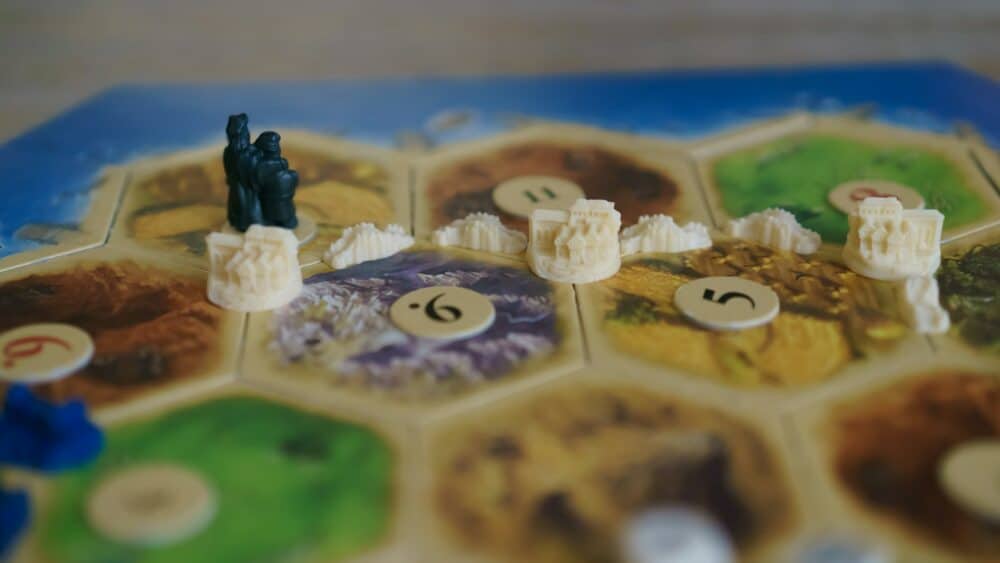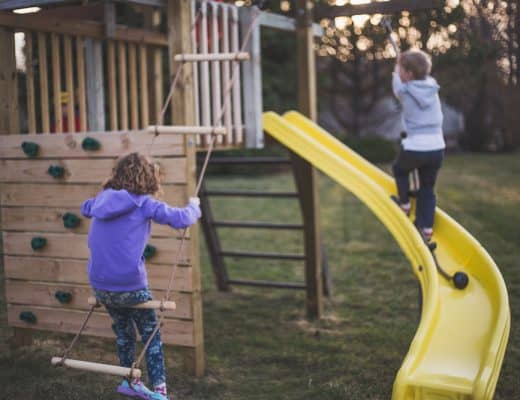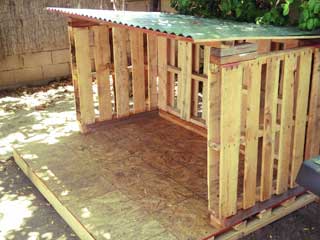Do you remember sitting in math class, struggling to stay awake while the teacher droned on about fractions and equations? Math has a reputation for being dull and difficult, but it doesn’t have to be that way. By incorporating fun and interactive activities into your child’s learning routine, you can make math an enjoyable and engaging experience.

Understanding the Importance of Making Math Fun
When learning is enjoyable, children are more likely to be actively engaged and interested in the subject matter. By infusing fun into math education, you can help your child develop a positive attitude towards the subject and encourage them to explore mathematical concepts with enthusiasm.
The Role of Fun in Learning
Fun is not just for entertainment; it plays a vital role in the retention and comprehension of information. When children have fun while learning, their brains release dopamine, a feel-good chemical that enhances motivation and memory. By making math enjoyable, you can stimulate your child’s brain and make learning more effective.
Benefits of Interactive Math Learning
Interactive math learning allows children to actively participate in the learning process, fostering a deeper understanding of mathematical principles. It encourages problem-solving skills, critical thinking, and creativity. Moreover, interactive activities can help children visualize math concepts, making abstract ideas more concrete and accessible.
One effective way to make math fun is through gamification. By turning math problems into games, children can engage in friendly competition, work towards goals, and receive instant feedback on their progress. This gamified approach not only makes learning enjoyable but also instills a sense of accomplishment and motivation in children.
Engaging Real-World Applications
Another strategy to enhance the fun in math education is by incorporating real-world applications. By showing children how math is used in everyday life, such as in cooking, sports, or building structures, you can make the subject more relatable and engaging. This practical approach helps children see the relevance of math and motivates them to learn and apply mathematical concepts in various situations.
DIY Math Activities for Kids
Creating math puzzles and engaging in hands-on activities can make learning math a thrilling experience for children. Here are some DIY math activities that you can easily try at home:
Creating Math Puzzles at Home
Puzzles are a fantastic way to challenge children’s problem-solving abilities while reinforcing mathematical concepts. Design your own math puzzles by creating number grids, crosswords, or Sudoku puzzles that incorporate arithmetic, logic, and pattern recognition. These brain-teasing activities will keep your child engaged while sharpening their math skills.
Another exciting way to create math puzzles is by using everyday objects around the house. For example, you can challenge your child to find patterns in a set of colored blocks or arrange toy cars in a sequence based on numerical order. These hands-on puzzles not only make learning math fun but also encourage critical thinking and spatial reasoning skills.
Fun with Math Flashcards
Flashcards are a versatile tool for math practice. You can make your own flashcards by writing math problems on index cards and their respective answers on separate cards. Challenge your child to solve the problems quickly, turning it into a friendly competition. Flashcards can also be used to reinforce multiplication tables, fractions, and other mathematical concepts.
To add an extra element of fun to math flashcards, consider incorporating colorful illustrations or stickers related to the math problems. This visual aid can help make learning more engaging and memorable for children. Additionally, you can create interactive flashcards by including QR codes that reveal fun facts or additional math challenges when scanned, adding an exciting tech-savvy twist to traditional flashcard practice.
Engaging Math Games for Learning
Games offer an enjoyable way to reinforce math concepts and promote healthy competition. Whether you prefer traditional board games or interactive online games, there are plenty of options available:
Math games have been used for centuries to make learning more engaging and interactive. They not only help in reinforcing mathematical concepts but also improve critical thinking and problem-solving skills. By incorporating game elements into education, students are more likely to stay motivated and retain information better.
Board Games that Teach Math
Board games like Monopoly, Settlers of Catan, and Blokus not only provide hours of entertainment but also incorporate mathematical thinking. These games require strategic planning, numerical operations, and problem-solving skills. Playing board games as a family can make math learning a social and enjoyable experience.
Monopoly, for example, teaches players about money management, probability, and strategic thinking. Settlers of Catan involves resource management and negotiation skills, while Blokus enhances spatial reasoning and geometry understanding. These board games not only make math fun but also foster important life skills that go beyond the classroom.
Online Math Games for Kids
In the digital age, educational websites and apps offer a wide range of math games that make learning fun and interactive. Websites like Coolmath Games and Math Playground provide a variety of games that cover various math topics, from basic arithmetic to algebra and geometry.
Online math games often come with features like progress tracking, instant feedback, and adaptive difficulty levels. They cater to different learning styles and allow students to practice math skills at their own pace. With colorful graphics, engaging storylines, and interactive challenges, these games keep children motivated and excited about learning math.
Integrating Math into Everyday Activities
Math is not just confined to the classroom; it is present in almost every aspect of our daily lives. By incorporating math into everyday activities, children can develop a real-life understanding of mathematical concepts. Here are a few examples:
Math in Cooking and Baking
Cooking and baking provide countless opportunities for children to apply their math skills. From measuring ingredients to doubling or halving recipes, children can practice addition, subtraction, fractions, and ratios while enjoying delicious results.
Furthermore, understanding the science behind baking can also involve math. Concepts like temperature conversions, ratios of ingredients in a recipe, and even the geometry of shapes when cutting baked goods can all be explored. This hands-on approach not only makes math more tangible but also enhances a child’s problem-solving skills.
Math in Outdoor Activities
Outdoor activities like gardening, building, or even playing sports involve math. Children can measure distances, count objects, calculate averages, and estimate quantities while having fun outdoors. Encourage them to explore the math in nature and their surroundings.
Moreover, incorporating math into outdoor activities can extend to understanding patterns in nature, such as the Fibonacci sequence in flower petals or the symmetry in butterfly wings. By connecting math to the natural world, children can appreciate the beauty of mathematics and its presence in everything around them.
Tips for Making Math Fun and Engaging
Now that we understand the benefits of making math fun, here are some tips to make your math activities more enjoyable and engaging:
Keeping Math Activities Age-Appropriate
It is important to select math activities that match your child’s skill level and interests. Adjust the difficulty level of the activities as your child progresses to ensure it remains challenging yet achievable. Tailoring the activities to their abilities will prevent frustration and enhance their motivation.
Encouraging a Positive Attitude Towards Math
Building a positive attitude towards math starts with your words and actions. Celebrate your child’s achievements, no matter how small, and emphasize that making mistakes is a part of learning. Create a supportive environment where they feel safe to explore and ask questions. By nurturing their confidence, you will foster a love for math that will last a lifetime.
Math doesn’t have to be a dreaded subject. By incorporating fun and interactive math activities into your child’s learning routine, you can transform their math experience. Remember, math is all around us, waiting to be discovered and enjoyed. So, let’s embrace the fun side of math and watch our children thrive!



